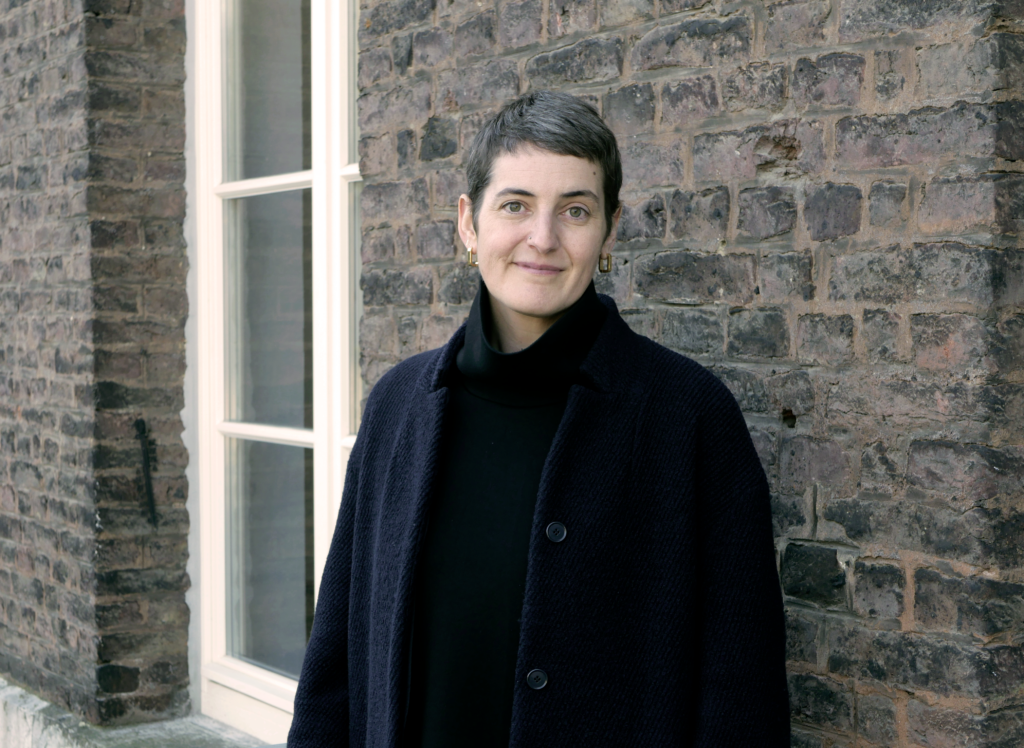c:o/re Senior Fellow 02/24 − 07/24

Sarah R. Davies is Professor of Technosciences, Materiality, and Digital Cultures at the Department of Science and Technology Studies, University of Vienna, Austria.
Her work explores the intersections between science, technology, and society, with a particular focus on digital tools and spaces. Her books include Science Communication: Culture, Identity, and Citizenship (2016) and Hackerspaces: Making the Maker Movement (2017). Before coming to Vienna in 2020, she worked at Imperial College London, Arizona State University, and Copenhagen University, amongst others.
Enacting ‘Life’ in Biocuration: Ontologies, the Ontological, and Data Work in the Biosciences
This project explores practices associated with biocuration, an emergent area of scholarly work that involves the collection, curation, annotation, and management of different forms of biological data. While biocuration as an empirical field offers rich possibilities for research into a number of issues that are central to the social study of science, (digital) technology, and society – including ‘ghost work’ in AI, invisibilised labour in the sciences, and the role that digital technologies are playing in shaping knowledge production – this research will focus on the ‘ontologies’ that are central to it, and relate these to the ontological turn in Science and Technology Studies (STS) and related disciplines.
In biocuration ontologies are “formal classification systems used … to encode, interpret, store, share, discover and integrate the growing volumes of data they produce” (Lean 2021, 11588). In offering labelling and classification systems ontologies act as models or analogues for particular biological systems, framing how ‘life’ can be thought about and studied. In contrast, the ontological turn in social research is associated with an interest in radical alterity, the idea that reality is not stable, external, or singular but constantly in production, and a concern with how such realities may intersect or compete in ‘ontological politics’ (Mol 1999; Woolgar & Lezaun 2013). A central premise is that practices enact realities (Mol 2002). In studying the practices through which biocurators create and manage bio-ontologies, the project therefore asks: what is being enacted through these ontologies? What versions of ‘life’ are produced through them, and how do these realities compete or combine with ‘life’ as it is done through other practices? How, ultimately, is data work in the biosciences shaping how life and life-likeness are made thinkable and researchable?
Publications (selection)
Davies, Sarah R., & Pham, Bao-Chau. 2023. Luck and the ‘situations’ of research. Social Studies of Science 53(2): 287–299.
Dessewffy, Esther, Schikowitz, Andrea, & Davies, Sarah R. 2023. Tracing (in)visibilising practices: Engaging with simulations for architecture and spatial planning. Digital Creativity, 34(2), 124–172. DOI: 10.1080/14626268.2023.2200762
Mora-Gámez, Fredy, & Davies, Sarah R. 2023. More-Than-Tech Communities: Alternative Imaginaries Within Hacking and Crafting. International Journal of Communication 17: 4182–4195.
Gregory, Kathleen, Koesten, Laura, Schuster, Regina, Möller, Torsten, & Davies, Sarah R. 2023. Data journeys in popular science: Producing climate change and COVID-19 data visualizations at Scientific American (arXiv:2310.18011). arXiv.
Davies, Sarah R. 2021. Atmospheres of Science: Experiencing Scientific Mobility. Social Studies of Science 51(2): 214–32.

